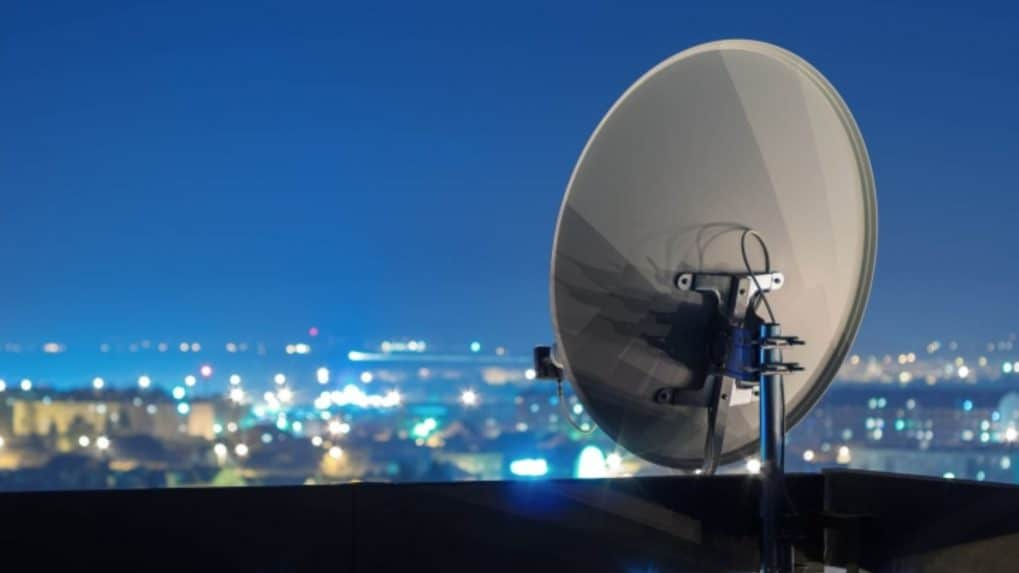From Dish to Distress: MIB’s Rs 16,000 crore licence fee demand risks collapsing DTH sector
The Ministry of Information and Broadcasting's retrospective fee demand mirrors telecom’s AGR debacle, potentially crippling a declining industry already squeezed by OTTs, subscriber churn, and regulatory disparity.
ADVERTISEMENT
The Ministry of Information and Broadcasting’s (MIB) recent move to demand over Rs 16,000 crore in retrospective licence fees from direct-to-home (DTH) operators, including Dish TV, Tata Play, Airtel Digital TV, and Sun Direct has sparked shockwaves across the broadcast industry, with experts warning it could severely undermine the viability of the already embattled sector.
The fee, calculated using an 8% charge on Adjusted Gross Revenue (AGR) from as early as 2007, is seen as not just financially debilitating but also legally contentious and strategically short-sighted. With India’s DTH subscriber base falling to 58 million by the end of December 2024, down from its earlier highs, and consumers rapidly shifting to OTT platforms that are largely unregulated, the industry is already fighting for survival.
Read more: Ministry of I&B demands Rs 6,735 crore from Dish TV in licence fee dispute
“This represents a seismic jolt to an industry already teetering on the edge of obsolescence,” said Sonam Chandwani, Managing Partner, KS Legal & Associates. “It sets a perilous precedent that could hasten its decline while exposing the government’s regulatory overreach as both tone-deaf and shortsighted.”
The MIB’s demand comes even as the matter remains sub judice in court, raising further questions about regulatory propriety. “It is unusual for the MIB to issue such demand for retrospective license fee during the pendency of the matter. This premature move is likely to create uncertainty,” said Kinjal Champaneria, Partner, Solomon & Co.
Drawing stark parallels to the telecom sector’s infamous AGR crisis— which led to massive liabilities and the near-collapse of some operators—experts believe the government’s approach reflects a persistent flaw in policy thinking: the failure to distinguish core broadcasting revenue from peripheral income.
“The method of calculating AGR for DTH mirrors the telecom misstep,” Champaneria added. “A more sustainable framework would be one where only core revenues are included and non-broadcast income is excluded, in line with TRAI’s recent recommendations.”
These recommendations include gradually lowering the AGR-linked licence fee to 3% and phasing it out by FY27— offering the industry breathing room to transition to more sustainable models.
But at a time when DTH players are already reeling from declining margins, increasing content costs, and competitive pressure from platforms like DD Free Dish and private OTTs, the timing of the demand could not have been worse.
“All DTH players are under margin pressure. Any additional regulatory costs at this stage will be a burden,” said Partho Dasgupta, Managing Partner, Thoth Advisors. “The MIB should instead work towards creating a level playing field across media platforms.”
The demand notice issued to the four private DTH firms covers unpaid dues spanning nearly 17 years. Dish TV has received the largest claim at Rs 6,169 crore, followed by Tata Play at Rs 5,270 crore, Airtel Digital TV at Rs 2,893 crore, and Sun Direct at Rs 1,197 crore.
The root of the dispute lies in a differential interpretation of AGR. While operators argue that AGR should apply strictly to subscription and broadcast revenue, the government has included broader income heads—echoing the same conflict that plagued telecom operators for years.
Legal battles have been ongoing since 2014, when Dish TV and other players challenged the MIB’s interpretation. Despite the matter being unresolved in court, the Ministry has now proceeded with formal demands, with interest, putting further stress on already stretched balance sheets, say experts.
Industry insiders warn that without a swift course correction, either through judicial clarity or a comprehensive regulatory overhaul, the DTH sector may follow the trajectory of wireline telephony: left to wither in the shadows of digital disruption.
Read more: South India and content partnerships to drive Pay TV margins in 2025
“The DTH sector needs a complete policy rethink that reflects the reality of today’s media consumption patterns,” said Chandwani. “Failing to do so will only accelerate its irrelevance in a streaming-first economy.”


